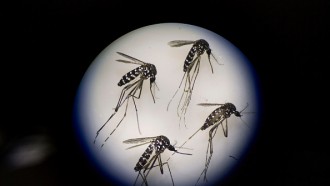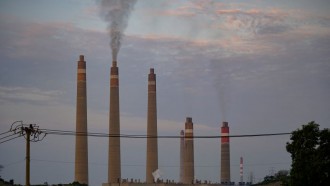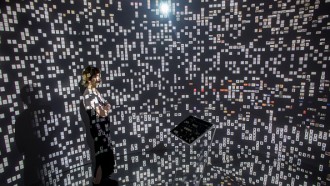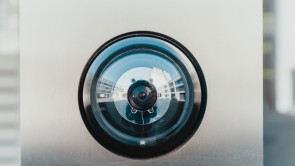A Russian Soyuz spacecraft safely arrived at the International Space Station, taking with it three crew members.
The spacecraft arrived Friday after a two-day trip, although the journey from Earth to the space station typically takes just six hours. The Soyuz had to bid its time traveling in space because it had to maneuver around to avoid hitting space debris, specifically the third stage of a rocket from Japan that was launched in 1989. According to Roscosmos, the ISS itself had to change its height in July to prevent collisions with space debris.
Aboard the Soyuz is Denmark's first astronaut, Andreas Mogensen, Kazakhstan's Aidyn Aimbetov, and Russia's Sergei Volkov, as commander. The spacecraftlaunchedfrom the Baikonur Cosmodrome and was announced to have successfully docked at the ISS. With the arrival of the three men, the ISS had nine crew members at the same time for the first time since 2013.
Nicknamed "Denmark's Gagarin," after Yuri Gagarin, the first man in space, Mogensen brought with him Danish exercise bikes,which he will be testing, and 20 LEGO figures. He will be coming back to the planet on Sept. 12 with Aimbetov, going home with Gennady Padalka, the Russian cosmonaut currently in command of the ISS. Padalka has been at the space station since March so by the time he leaves, he will have accumulated 878 days in space, the longest so far that any person has achieved.
Aimbetov replaced British singer Sarah Brightman when she pulled out of the mission in June. Hearrivedat the ISS bearing kymyz or dried mare's milk and samples of traditional cheeses from Kazakhstan. While on the space station, he will be tasked with assessing the effects of radiation in space on the brain with the help of a special dosimeter.
Volkov, on the other hand, will going back home in March. Flying to the ISS is somewhat of a family affair to him as his father also commanded a Soyuz in 1991. Volkov also joked that taking Kazakhs to space is a tradition in the family because his father, Alexander, flew with the first cosmonaut from Kazakhstan, Tokhtar Aubarikov.
The Russian will be landing together with NASA's Scott Kelly and Roscosmos' Mikhail Kornienko. Kelly and Kornienko are the first astronauts scheduled to spend a year straight in space.












